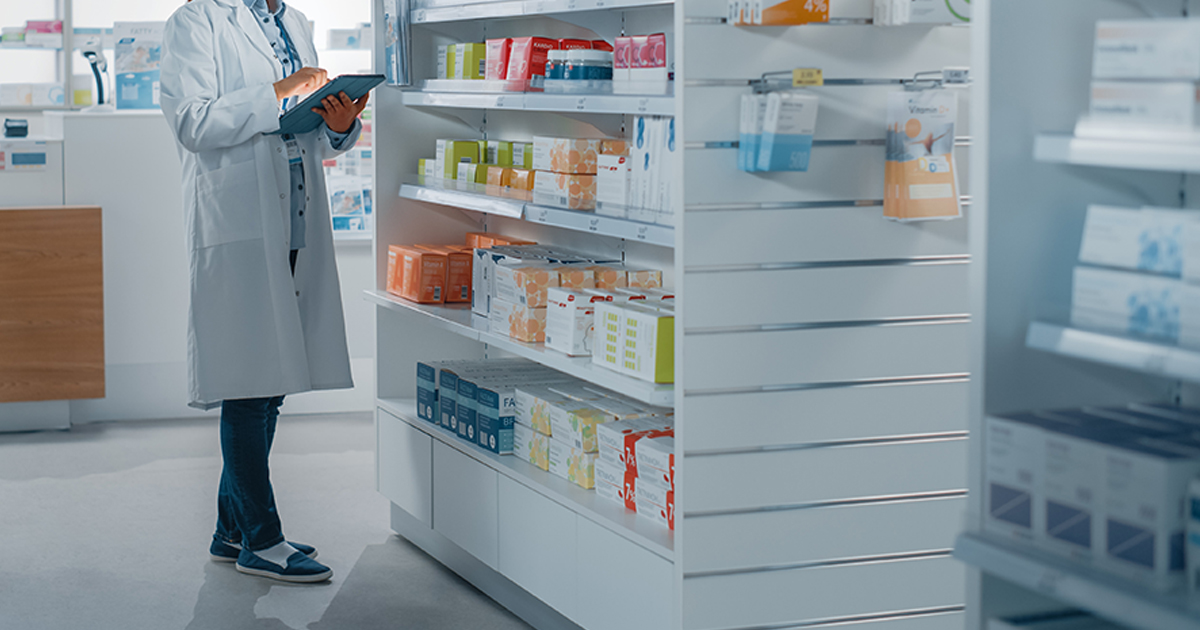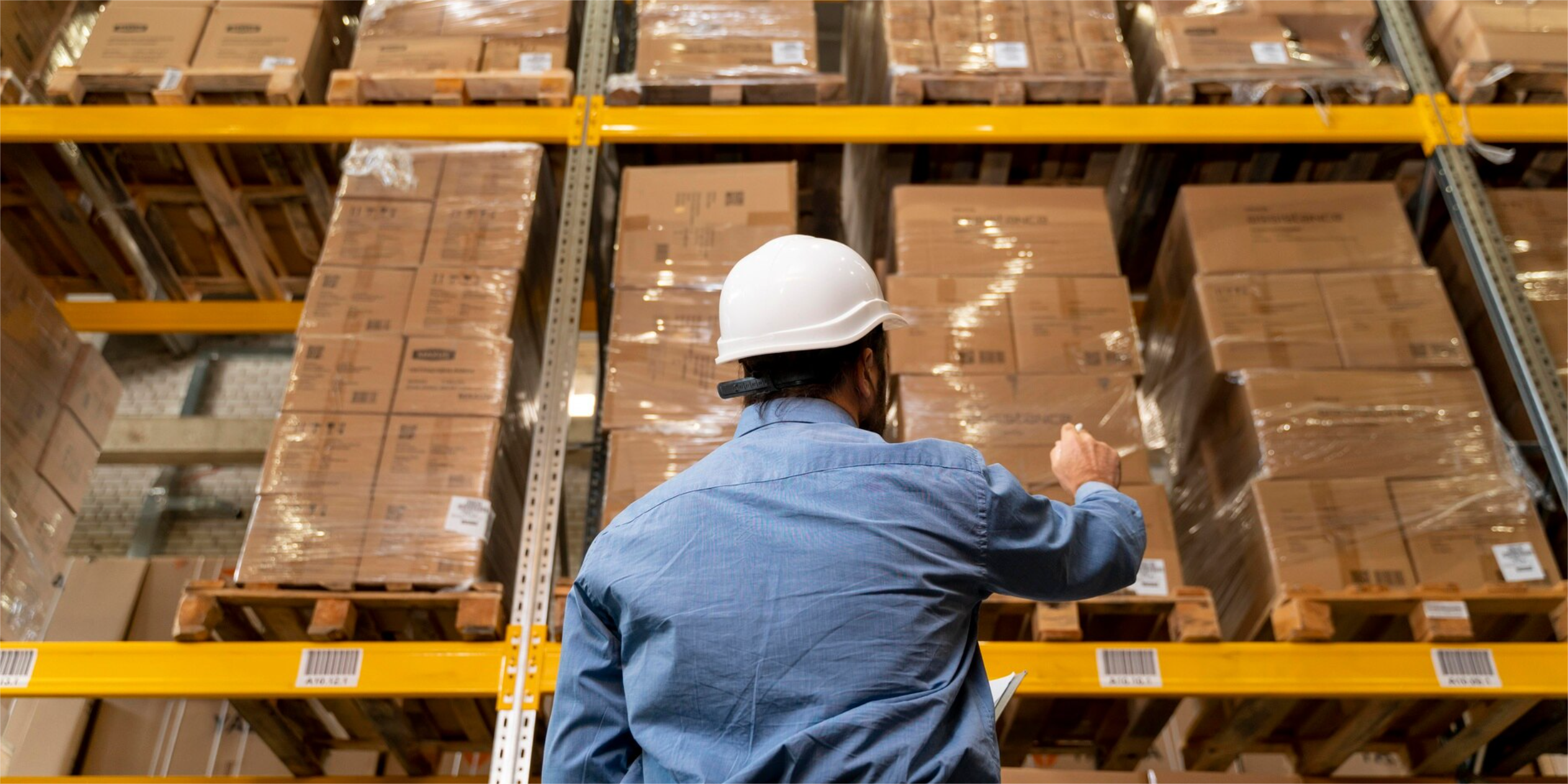As one of the most important industries worldwide, and considering the recent context, the pharmaceutical industry has undergone important transformations, to which its points of sale (POS) are no strangers.
A particularity of these POS is that it is difficult to obtain relevant information for brand marketing due to legal reasons and the characteristics of the industry itself. Given this scenario, experts have been able to identify opportunities to improve their strategies at the point of sale, for example:
- Better support and training materials for those who recommend products, who should be highly specialized to respond to health professionals and buyers' doubts in general.
- Better information on store particulars (best-selling products, average ticket, customer characteristics, etc.)
- Better geomarketing strategies to take advantage of the closeness that consumers are looking for.
- Better products' distribution in the interior space, and a smart choice of those that will be easier for the consumer to access.
- More partnerships between retailers and brands to generate campaigns.
At the same time, there are still some challenges that pharmaceutical retail must face, such as health-related regulations that limit the merchandising possibilities for brands, from the way in which products are displayed, to the opportunity to approach customers, offering samples, and so on.
On the other hand, in this industry, it is not easy for consumers to switch brands, regardless how many options are available at the store.
Shrinkage is another crucial challenge, as these products are likely to be theft and damaged once displayed.
The seasonal nature of many pharmaceutical products is also a constant challenge for retailers, which means that along some periods of the year, brands want to display their products simultaneously.
Digital transformation
In addition, the industry's deeper incursion into e-commerce has accelerated the development of the ePharmacy or drugstores of the future, multiplying online sales platforms and often creating a need to concentrate orders.
Drugstores today need accessible ordering platforms that offer excellent usability for all devices, recording systems and timely access to data, customer treatment history and updates, as well as systems for integration with medical centers for expert advice on medicines and prescriptions.
At the same time, integration with online drugstores makes it necessary to have more delivery options available, whether same-day delivery, through vending machines, on-site pick-up, etc.
For consumers, the best offer in the industry today is the combination of safe and reliable medicines with fast delivery service.
And regarding all these topics, logistics can be a key factor in the creation of more efficient solutions to take a step ahead, increasing the efficiency of the entire supply chain, traceability, and control of the required conditions to obtain reliable products.
Logistics outsourcing is thus a useful business strategy for compliance with standards, regulatory requirements, and continuous improvement.
In addition, the technological innovation that logistics partners can bring to the table provides real-time information on suppliers, inventories, sales history, and projections that reduce costs and inventory problems, improving service levels and facilitating decision-making.







